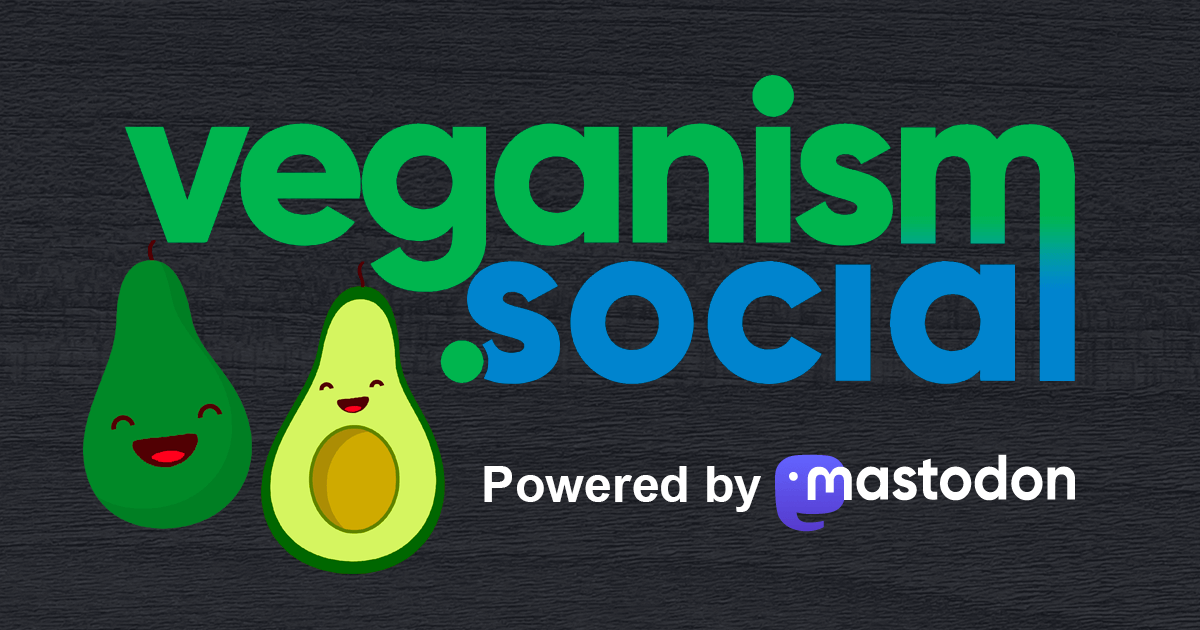https://www.europesays.com/2268746/ Research on the design of smartwatch health information visualization presentation under different motion scenarios #ColorMode #Data #HealthOccupations #HumanBehaviour #HumanitiesAndSocialSciences #multidisciplinary #PresentationAnimation #science #SmartwatchInterfaceDesign #SportsHealth #VisualizationPresentation
#humanbehaviour
Positive association between Internet use and mental health among adults aged ≥50 years in 23 countries
Global Health Data Exchange (GHDx) (Institute of Health Metrics and Evaluation, accessed 1 November 20…
#NewsBeep #News #US #USA #UnitedStates #UnitedStatesOfAmerica #Internet #BehavioralSciences #ExperimentalPsychology #general #Humanbehaviour #LifeSciences #Microeconomics #Neurosciences #PersonalityandSocialPsychology #PublicHealth #Riskfactors #Technology
https://www.newsbeep.com/us/20582/
My 1st thought was that the 'benefit of the doubt' is (just) a lazy way of thinking (like stereotypes) - but lazy can be good: it lets us get on with things quicker & stops us wasting time on stuff that isn't rewarding. Unless they're actively evil, trying to harm you or another, where's the value in evaluating/ assessing people or their motives when you could be using the same energy in more personally rewarding ways, like listening to music or planning a party etc... But it could also reflect a generational attitude/ approach & be part of why older people (who grew up in less complex times) can be more vulnerable to cons & scams.
Then I thought of times I've been told to give 'the benefit of the doubt' - usually by those who are determined not to give it to me...
So I see that it can be a double-edged sword & like most things to do with people, more complicated than it looks on the surface. It's certainly provoked an interesting discussion! I enjoyed reading this thread - thank you for kicking it off!
https://www.europesays.com/2068236/ Artificial intelligence voice gender, gender role congruity, and trust in automated vehicles #AI #ArtificialIntelligence #engineering #HumanBehaviour #HumanitiesAndSocialSciences #multidisciplinary #science
I rediscovered something I wrote in my blog about 1½ years ago. It’s something that doesn’t get old and needs constant reminding.
— How Come We Always Assume the Worst in Others? —
Most people are pretty decent, says Dutch historian Rutger Bregman¹, author of ‘Utopia for Realists’ (2017) and ‘Humankind’ (2020).
1/2
In an eight-minute video² he explains quite plausbily how doomscrolling, using social media, watching and reading the news changes our perception of humankind. We only see all the bad things happening, which makes us quite susceptible to being persuaded of human vileness. On the other hand, if you believe in the goodness of humanity, so often you are dismissed as this naïve person who doesn’t have a realistic view of the world.
But Bregman, after researching the matter, comes to the conclusion that humans are not as evil and raw as they are made out to be. An example: One of the astonishing discoveries from the second World War is that only 15 to 25 per cent of the American soldiers actually fired their guns. They had to be trained and brainwashed to be able to be more ‘effective’ during the Vietnam War.
Another valid point he’s making is that science is the only self-correcting system that we have that sort of criticises itself and then develops and becomes better […]
¹ https://en.wikipedia.org/wiki/Rutger_Bregman
² https://inv.nadeko.net/watch?v=TXN7QGGNSWk&local=true
https://www.europesays.com/1967801/ Most Africans place primary responsibility for climate action on their own government #Climate #ClimateChange #ClimateChangeMitigation #EarthSciences #Environment #EnvironmentalStudies #general #GlobalWarming #Governance #HumanBehaviour
"Trust in scientists and their role in society across 68 countries" - new article in #Nature Human Behaviour. Authors among others: Helen Fischer and Markus Huff (IWM). Link to the open access article:
https://doi.org/10.1038/s41562-024-02090-5
#trust #scientists #society #psychology #humanbehaviour @markus_huff
